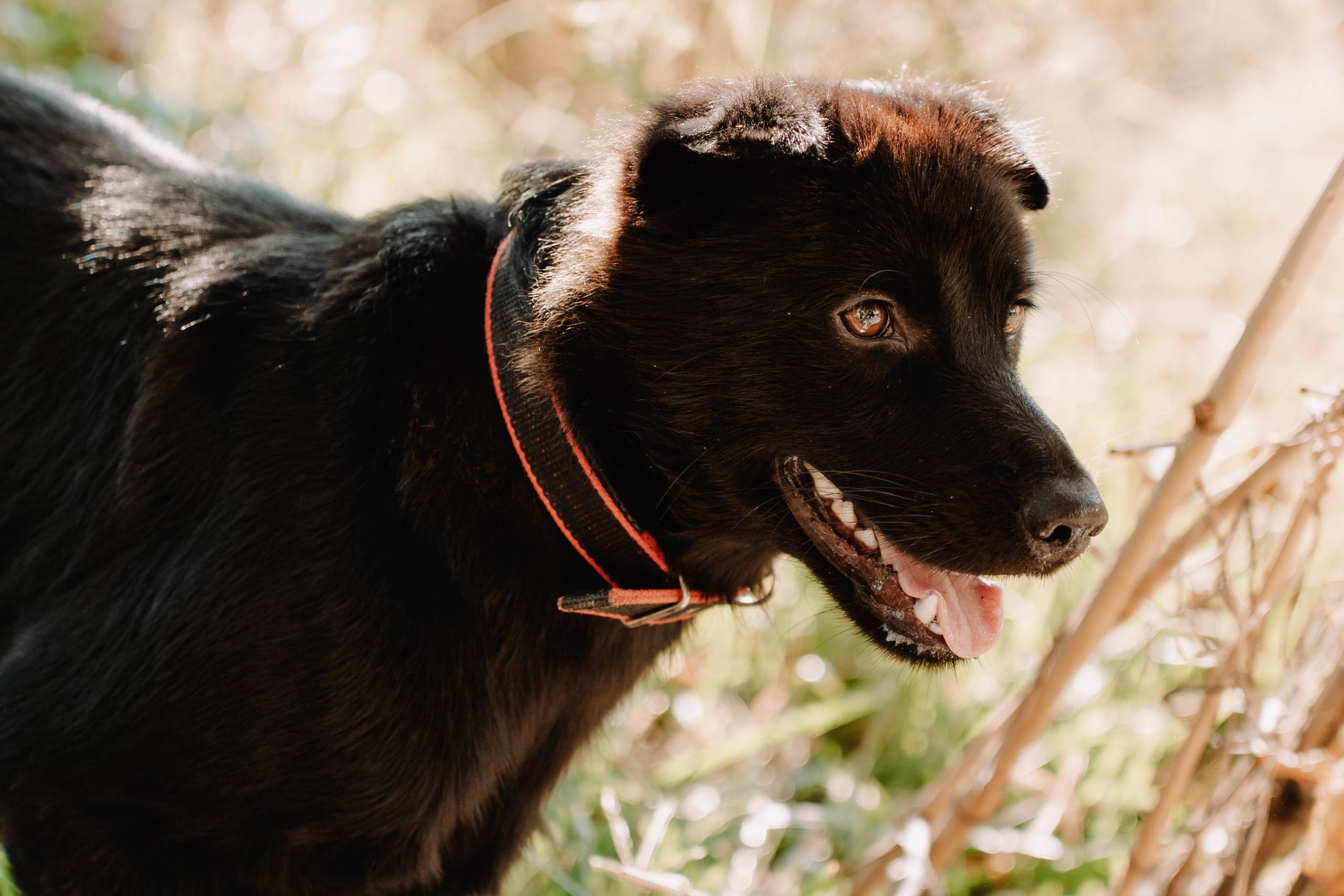It can be concerning and frustrating when your puppy seems to pee every five minutes. You may wonder if something is wrong or if you’re doing something incorrectly in terms of training or care. Understanding the reasons behind frequent urination in puppies is essential for addressing the issue effectively and ensuring your furry friend remains healthy and happy.
Normal Developmental Behavior
Puppies have small bladders and immature urinary systems, making frequent urination a typical part of their development. Young puppies often lack full control over their bladders, leading to a frequent need to go outside. Generally, a puppy can hold its bladder for about one hour for each month of age. For example, a three-month-old puppy might need to pee every three hours, though individual factors such as size and breed can influence this. If your puppy is peeing every five minutes, it may indicate various issues worth exploring.
Water Intake Considerations
One of the first things to evaluate is whether your puppy is drinking an excessive amount of water. Factors such as the temperature of your home, activity level, or stress can contribute to increased water intake. Puppies can become very excited or anxious, prompting them to drink more than usual. Monitoring their water consumption is essential, and if you notice a sudden increase, discussing it with your veterinarian may be wise, as it could indicate underlying health issues such as diabetes or kidney problems.
Urinary Tract Infections
Another common cause of frequent urination is a urinary tract infection (UTI). UTIs can occur in puppies, leading to increased urgency, straining during urination, or blood in the urine. If your puppy appears to be in discomfort or shows other concerning symptoms like lethargy or loss of appetite, seeking veterinary advice promptly is crucial. A UTI can be diagnosed through a simple urinalysis, and treatment often involves antibiotics, which can help your puppy feel better quickly.
Behavioral Factors
Puppies may also experience behavioral issues that lead to frequent urination. If they are not fully potty trained, they might be confused about where and when it is appropriate to go. Accidents can happen frequently if they are not taken outside often enough or if they are left alone for extended periods. Establishing a consistent feeding and potty schedule can help. Regular trips outside after meals, playtime, and naps can reinforce good habits. Rewarding your puppy when they go outside helps create a positive association with the correct place to urinate.
Stress and Anxiety
Stress or anxiety can also contribute to increased urination in puppies. Changes in their environment, such as moving to a new home, introducing a new family member or pet, or alterations in your routine, can overwhelm a young dog. They may respond by urinating more frequently. Providing a stable, calm environment and allowing them time to adjust can alleviate some of their stress. If your puppy continues to show signs of anxiety, working with a professional dog trainer or behaviorist may be beneficial in developing strategies to help.
Medical Conditions
In some cases, frequent urination may signal a more severe medical condition, such as bladder stones or congenital urinary system issues. If your puppy is consistently urinating every five minutes and you have ruled out other causes, consulting your veterinarian for a thorough examination becomes essential. They may recommend diagnostic tests, including blood work or imaging studies, to identify any underlying health issues.
Monitoring and Patience
Approach this situation with patience and understanding. Puppies are learning and adapting to their new lives, and numerous factors can influence their behavior. Keeping a journal of your puppy’s behavior can be helpful. Documenting when they eat, drink, and urinate can help identify patterns or triggers contributing to frequent urination. This information can be valuable when discussing the situation with your veterinarian or trainer.
Training for Better Bladder Control
Training your puppy to achieve better bladder control requires time and patience. Consistency is key when establishing a routine. Take your puppy out regularly, especially after meals, play sessions, and naps. If they have an accident indoors, avoid scolding them, as this can create anxiety and exacerbate the issue. Instead, focus on positive reinforcement when they go outside.
If your puppy has been diagnosed with a UTI or another medical condition, follow your veterinarian’s recommendations closely. Administer medications as prescribed and monitor their symptoms. Once the underlying issue is treated, improvements in their urination habits should become apparent.
As your puppy matures, their bladder will also develop, allowing them to hold their urine for longer periods. Most puppies naturally gain better control as they reach six months to a year old. During this time, continue to support their growth through proper training, socialization, and regular veterinary check-ups.
Addressing frequent urination in your puppy involves considering factors such as water intake, potential infections, behavioral training, and environmental influences. By staying attentive to your puppy’s needs and maintaining open communication with your veterinarian, you can help your puppy grow into a well-adjusted adult dog.



